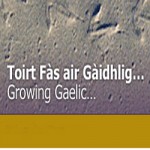 As Census Day, 27 March 2011, approaches Bòrd na Gàidhlig congratulates the Census Office in Scotland on its initiatives to publicise the Census and in particular the questions relating to Gaelic. The Census Office has produced Gaelic/English bilingual leaflets, run workshops to support people to fill their census forms in Gaelic on-line and has posted a case study on its website to demonstrate the use of census data in formulating the National Plan for Gaelic.
As Census Day, 27 March 2011, approaches Bòrd na Gàidhlig congratulates the Census Office in Scotland on its initiatives to publicise the Census and in particular the questions relating to Gaelic. The Census Office has produced Gaelic/English bilingual leaflets, run workshops to support people to fill their census forms in Gaelic on-line and has posted a case study on its website to demonstrate the use of census data in formulating the National Plan for Gaelic.
Question 16 of the Census gives everyone in Scotland the opportunity to note if they can understand, speak, read or write Gaelic. In Question 18 people can also record the fact that they use Gaelic in the home, as the question asks if people use a langauge other than English in the home. Each question is relevant to both adults and children, native speakers and learners.
“Bòrd na Gàidhlig”
John Angus MacKay, Ceannard (Chief Executive) of Bòrd na Gàidhlig said: “It is very important that people inform the Census if they have Gaelic language ability and if they use Gaelic in the home. The patterns of language ability and use in homes throughout Scotland can be very varied, depending on the numbers and ages of people in households, whether there are one, two or more people with Gaelic, or even situations where there are children with Gaelic receiving Gaelic education although others in the household might not have any Gaelic or very little. This complexity makes it even more important that we can map out the real picture so that we and other providers of services and resources can respond effectively.
At a recent meeting the Bòrd stressed the importance of the Census in terms of its implications for Gaelic. In a variety of ways the Bòrd has supported the Census Office in publicising the Census; has urged people to complete the Census form; to record in Question 16 if they have Gaelic language ability, and in Question 18 if they use Gaelic in the home at any time. We also encourage people to complete the form in Gaelic on-line.
The figures which are produced in the results will have a significant bearing on not only the allocation of resources for Gaelic development projects and Gaelic education but also the general perception of the state of the language. We need to make every person with Gaelic count in the census as the numbers will provide evidence on which we will base our policies and actions in the future. I would urge anyone with any questions about what to do to contact Bòrd na Gàidhlig and we will happily offer advice.”
Hebrides Today brings you the latest news from the Western Isles



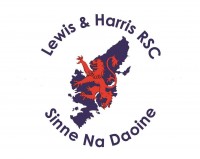
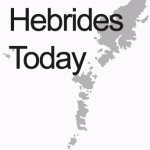 Welcome
Welcome Double success for Gaelic radio at media awards
Double success for Gaelic radio at media awards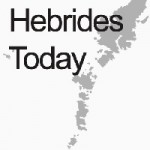 Grant astonished at Allan’s hypocracy over ADS
Grant astonished at Allan’s hypocracy over ADS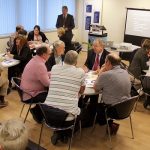 SHEPD invites island communities to make plans to weather the storms
SHEPD invites island communities to make plans to weather the storms Grant deeply concerned at suspension of Doighead respite service
Grant deeply concerned at suspension of Doighead respite service Scotland’s fishing industry ‘at mercy of a lottery of London priorities’ says MP
Scotland’s fishing industry ‘at mercy of a lottery of London priorities’ says MP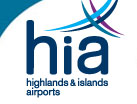 Record year for regional airport operator
Record year for regional airport operator Follow the Queen’s example and visit the Isles, says MP
Follow the Queen’s example and visit the Isles, says MP
Leave a Reply